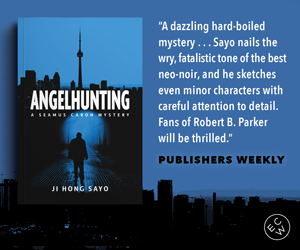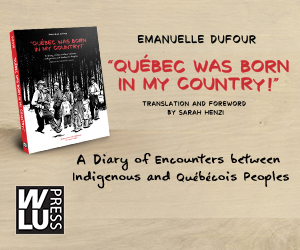Poets Becoming Novelists: On Trusting Leaps and Fragments
By Shazia Hafiz Ramji
I finished the first draft of my novel in mid-March – in the first week of isolation. I hadn’t grasped the gravity of the pandemic then, so I was grateful for the sudden reprieve from the real world. I wrote through the draft very intensely, in a mere ten days. I was deeply happy while writing it – happy to the extent that I still wonder if I will ever feel that kind of happiness elsewhere.
But now it bothers me that I’m at home all the time and can’t get as much done. I still can’t believe I once wrote 6000 words a day 6 months ago. 6000 WORDS A DAY. I began to despair when I wrote through the second draft a couple of months later. I wrote it from scratch. The entire thing.
When time came for the third draft, I was physically exhausted. The third draft was hellish. There was no way I could write another draft from scratch all over again, not when I knew I had what I needed already. So I began to question that old adage: “all writing is rewriting.”
Rewriting felt like sabotage and destruction, not renewal. But I didn’t know how else to move forward without rewriting. Whether I’m writing a poem, story, or essay, I have never been able to finish it – not without scrapping what came before and starting from scratch. Sometimes I have to do it all in one sitting, or in a span of a few days without interruptions. I realized I was working on my novel like a poet. I was working with a poet’s intense and focused energy, and this is something that could not be sustained (or I would die, truly). I had to change my energy – my approach – otherwise I would never be able to continue, expand, build, which is what my novel needed.
Changing my approach to the novel felt impossible. How did other poets become novelists? I turned to Anne Michaels, one of my favourite poet-novelists.
The first line of Fugitive Pieces: “Time is a blind guide.” What the hell? That is definitely poetry. I’ve read the book before but I don’t remember that first line feeling the way it does now – like a slap. There is unabashed confidence in that first line – confidence in the sense of deep trust in one’s writing. And it continues in the paragraphs that follow. In the opening, “Bog-boy” / Jakob Beer is hiding from the Nazis and emerges from the mud. In another scene, he describes the struggle to break out of his house under siege: “Blackness filled me […] The soul leaves the body instantly.”
In the scene that follows, he is running to the river: “The river was the same blackness that was inside me […] The dead passed above me, weird haloes and arcs smothering stars.”
These scenes are stunning and very short; the length of a palm, and yet so much has been achieved: movement, landscape, a sense of character, his state of mind, the urgency of his pain, his yearning, and a glimpse of the vast, existential stakes of the novel.
The use of the scene break to convey a passage of time or a change in location is one of the first things we learn when writing prose. But Michaels uses the scene break like a poet. Her scenes are like fragments in time connected through associations of images that build the story like a leitmotif, so that the effect is an enveloping mood that places us firmly in the mind of her character.
As a poet, I trust fragments intuitively, but it’s thanks to Michaels that I understand how fragments can cohere in a novel, and how poetry in prose can create cohesion.
Your CanLit News
Subscribe to Open Book’s newsletter to get local book events, literary content, writing tips, and more in your inbox
And with fragments come leaps. The white space of the scene break is not merely indicative of a transition in time or place. It’s a vital space where a novel breathes and grows – where the writer trusts the reader.
It strikes me that it seems so obvious: novelists use fragments, novelists use scene breaks to cover time. But I needed my poet’s eyes to see what I was struggling to see: novelists trust fragments too, can build a whole world with them.
Recovering trust in my work has meant that I’m no longer toiling in intense bouts of rewriting, yearning for the next period of total isolation, worried whether my novel coheres as a whole. I’ve embarked on the fourth draft with Michaels by my side and a deep trust in the leaps, in the fragments – a trust that is as helpful for editing as it is for writing.
The views expressed by Open Book columnists are those held by the authors and do not necessarily reflect the views of Open Book.
Shazia Hafiz Ramji’s fiction was shortlisted for the Malahat Review’s 2022 Open Season Awards. Her poetry was shortlisted for the 2021 National Magazine Awards and the 2021 Mitchell Prize for Faith and Poetry. Shazia’s award-winning first book is Port of Being. She lives in Vancouver and Calgary, where she is at work on a novel.



